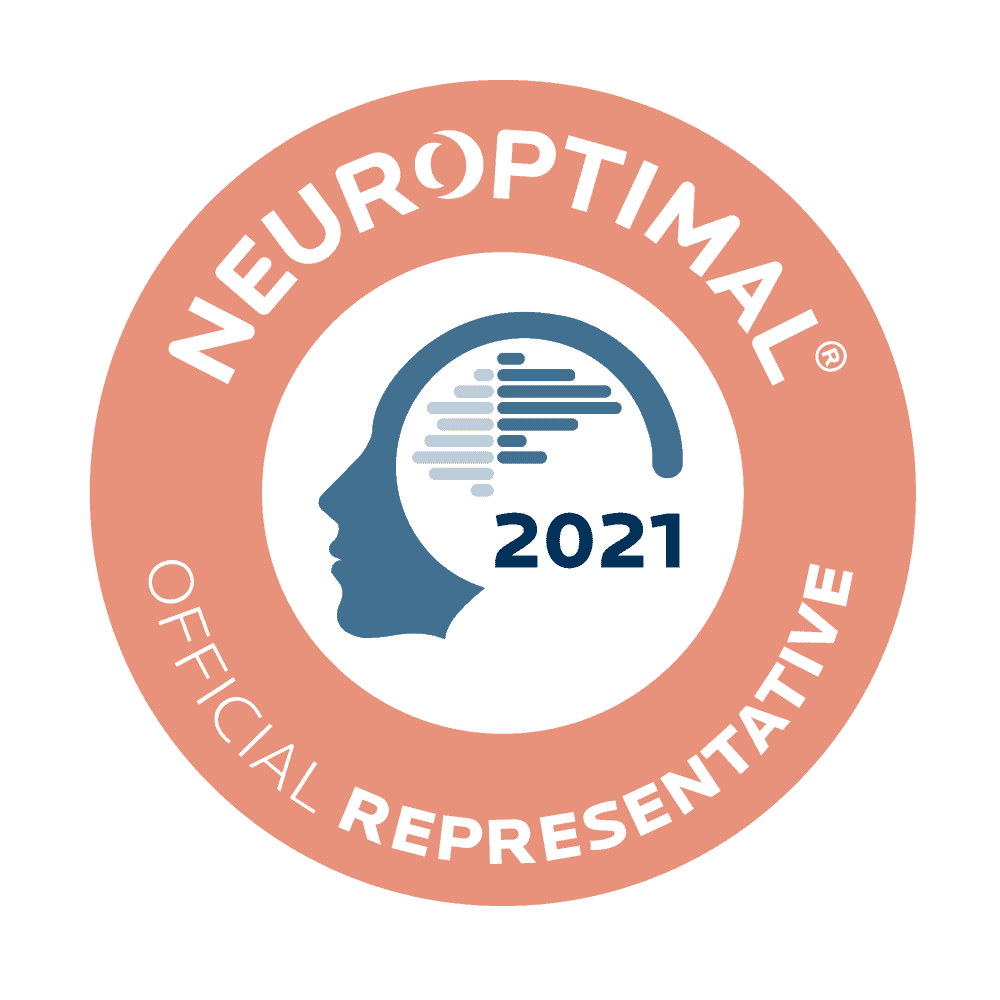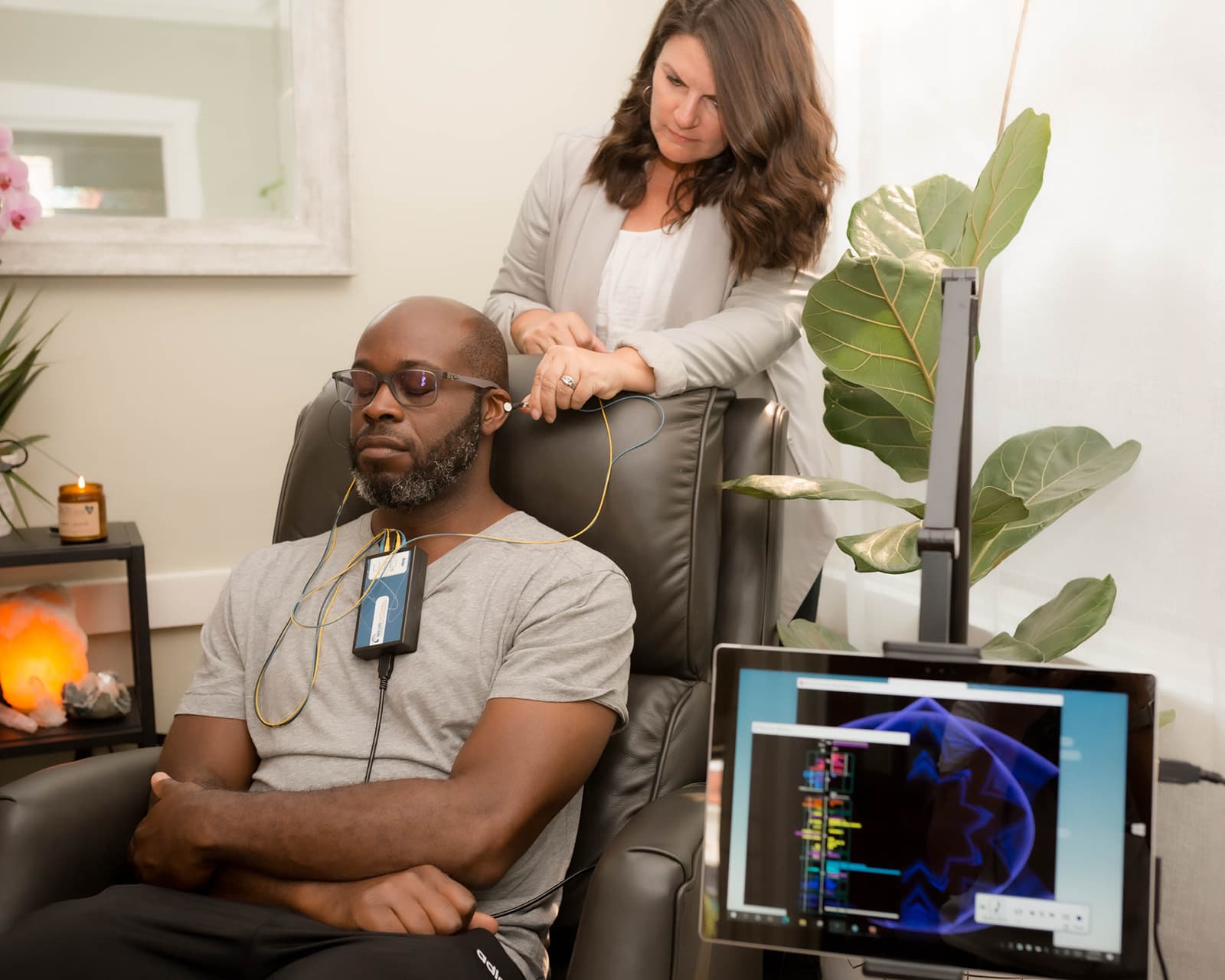NeurOptimal Neurofeedback for Addiction Treatment and Recovery
33-minute effortless brain training sessions can greatly assist on the recovery journey.
If you are looking for a tool to help you or a loved one on the recovery journey, or if you are a professional who works with addiction recovery, we’d like to introduce you to NeurOptimal Neurofeedback for addiction treatment and recovery.
Over the past decade, we have worked with many clients who were struggling with addiction. When one of those clients had just quit a very high dose of oxycontin cold turkey, she was sent into a dark depression and didn’t know how to get out. The symptoms that she was experiencing were debilitating. After her first NeurOptimal® neurofeedback she felt pure joy for the first time in ages as if the fog had lifted. She started feeling better and making better decisions for herself. She became incredibly passionate about neurofeedback and even sharing it with others.
NeurOptimal® neurofeedback is a non-linear dynamical system. NeurOptimal® uses EEG sensors to measure cortical activity and provide real-time feedback back to the brain about what it has just done. By providing the brain feedback about its own behavior, it is able to self correct and self organize. The millisecond by millisecond feedback is doing a dance with the central nervous system which builds resilience and flexibility. With training, people feel more calm, better sleep, making healthier decisions, and more.
Why does neurofeedback for addiction treatment help?
With neurofeedback training clients feel better about themselves and have reduced symptoms of PTSD, anxiety and depression (which often contribute to self medicating). They often report feeling a boost or increase in joy after the training sessions. Feeling better allows for making better decisions. Because neurofeedback training is helpful for processing trauma and letting go of the charge that it holds in the mind and body, the drive for self-medicating isn’t there anymore. The changes can happen so subtle and seamlessly. One client reported that before neurofeedback she was drinking more than a bottle of wine a night. After a few weeks, she messaged saying that she couldn’t believe it. The wine was there but she just wasn’t drinking it anymore. She had no desire to drink it.
Clients find that stress is reduced and resilience to stress improves which makes it easier to not turn to the substance. That when a person’s brain begins to operate in a calm, rational state, even in stressful situations, they often naturally make life changes that support, sobriety, including getting exercise, better nutrition, and healthier relationships.
Research has shown that integrating neurofeedback into a substance abuse treatment program yields higher success rates and lowers the rate of relapse. We hope that more addiction programs integrate something as easy to use and as powerful as NeurOptimal® neurofeedback.

Options for Brain Training with NeurOptimal

RENT A SYSTEM

PURCHASE A SYSTEM

Visit Bay Area Brain Spa

